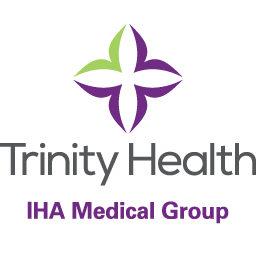Direct Care and Treatment is a highly specialized behavioral health system operated by the State of Minnesota. DCT operates treatment programs, residential and vocational services.
The employers are hiring for all degree levels from various human service related programs, including but not limited to:
· Psychology
· Applied behavior analysis
· Child development
· Social work
· Special education/ education
· Nursing
· Speech and language pathology
· Communication
· Occupational therapy
· Human services









